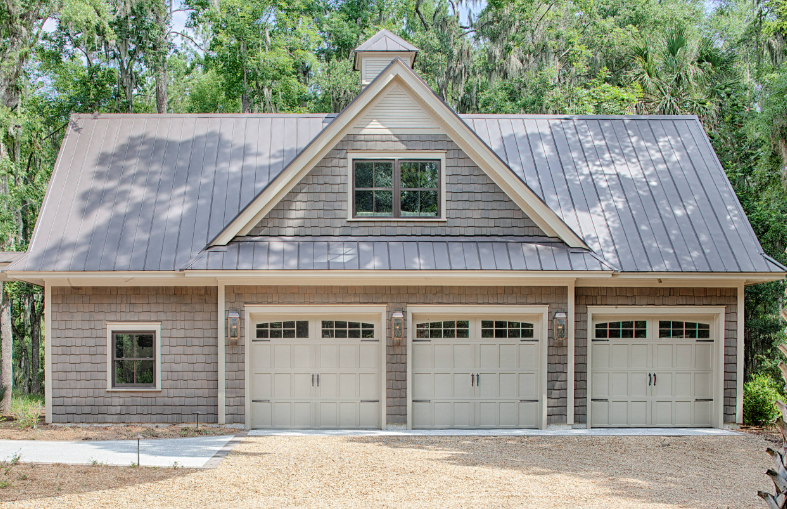Commercial and Residential Garage Door Gate Operators

Garage door gate operators play a crucial role in ensuring the smooth and secure operation of both commercial and residential spaces. However, these two environments have distinct requirements, leading to different types of gate operators.
In this blog post, we’ll explore the key differences between commercial and residential garage door gate operators to help you choose the right one for your needs.
- Usage and Frequency: Commercial spaces typically experience higher traffic and usage compared to residential areas. This means that commercial gate operators need to withstand frequent opening and closing cycles throughout the day. In contrast, residential gate operators are designed for fewer cycles and less intensive use.
- Size and Weight: Commercial garage doors are often larger and heavier than their residential counterparts. Commercial gate operators are engineered to handle the additional weight and size of these doors. They usually have higher horsepower motors and stronger components to ensure efficient operation.
- Safety Features: Safety is paramount in both residential and commercial settings, but the specific safety features required may vary. Commercial gate operators may need advanced safety mechanisms such as loop detectors, safety edges, and photo eyes to detect objects and prevent accidents in high-traffic areas. Residential gate operators also have safety features, but they might not be as extensive as those in commercial systems.
- Security Needs: Commercial properties often have higher security requirements. This can include features like access control systems, remote monitoring, and integration with security systems. Commercial gate operators are equipped to handle these security demands effectively. Residential gate operators, while still providing security, may not require the same level of complexity.
- Noise Levels: Commercial spaces are generally more tolerant of noise due to the bustling environment. Therefore, commercial gate operators may produce more noise during operation. In contrast, residential gate operators are designed to operate quietly to prevent disturbances in quiet neighborhoods.
- Installation and Maintenance: Commercial gate operators are often installed by professionals due to their complexity and size. Regular maintenance is also crucial to ensure optimal functionality. Residential gate operators, while simpler, still benefit from professional installation and periodic maintenance to extend their lifespan.
- Cost Considerations: Commercial gate operators are typically more expensive than residential ones due to their advanced features and robust construction. Residential gate operators are designed to meet the needs of homeowners and are generally more budget-friendly.
Choosing the Right Gate Operator
When deciding between a commercial and residential gate operator, consider factors such as usage, gate size, security needs, and budget. Consult with a professional to assess your specific requirements and determine the most suitable option for your property.
Call Us at: (909) 634 – 2109 and receive a free quote
While both commercial and residential garage door gate operators share the common goal of providing convenient and secure access, they are designed to meet the unique demands of their respective environments. Commercial operators are built for heavy-duty use, larger doors, and advanced security features, while residential operators focus on quieter operation, smaller doors, and a balance between security and convenience. Understanding these key differences will help you make an informed decision and choose the right gate operator for your specific needs.
